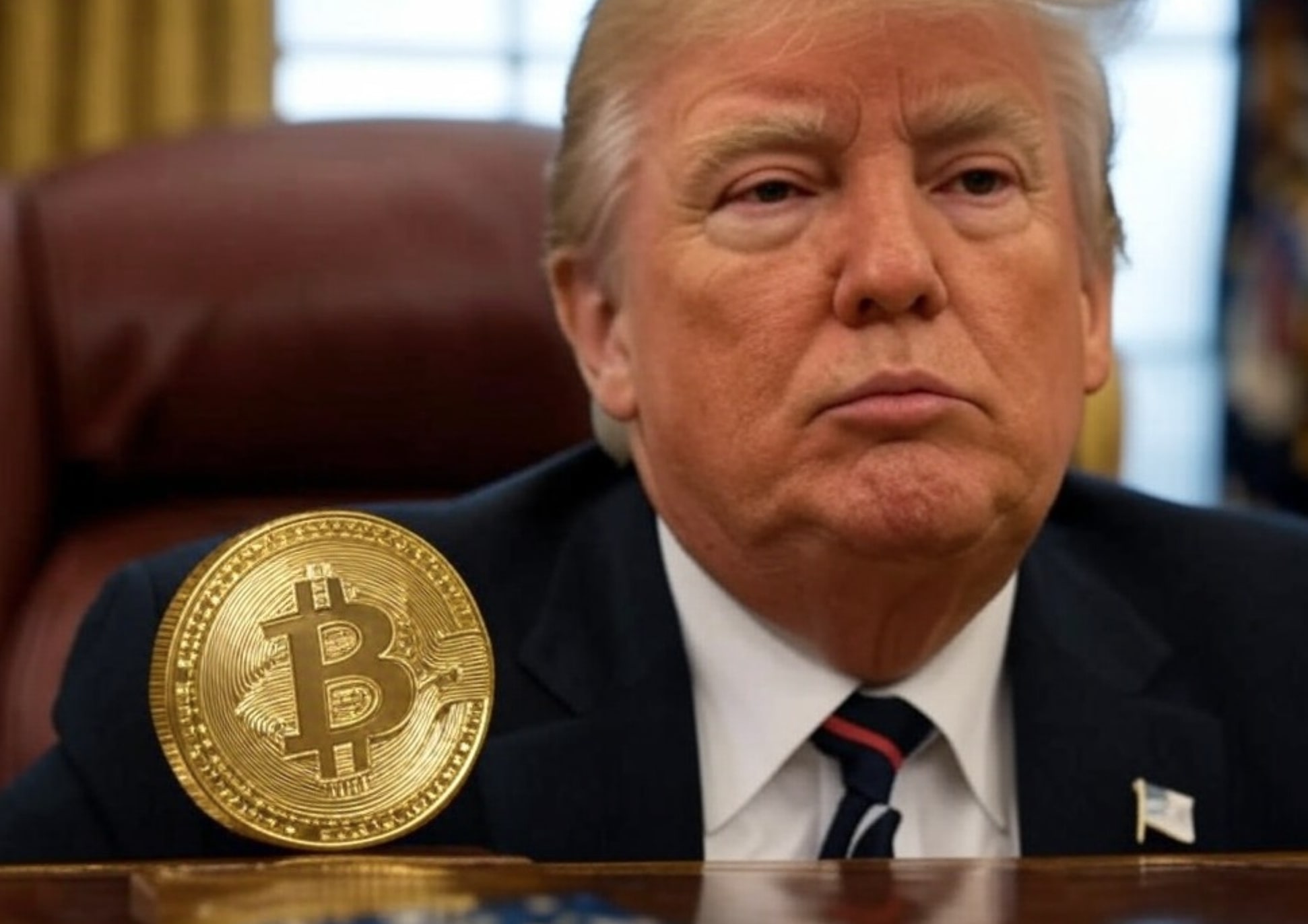
Donald Trump’s strategy to create a Bitcoin reserve through executive orders may ignite a global crypto arms race.
Upon regaining the presidency in January 2025, Trump is expected to exert considerable influence on Bitcoin and the broader crypto landscape with a series of executive measures.
Key Initiatives by Trump
Trump is anticipated to emerge as the first “crypto president”. A significant aspect of his campaign involves the commitment to dismiss SEC Chair Gary Gensler on his first day in office, addressing widespread discontent within the crypto community regarding Gensler’s regulatory stance. Such a crypto regulatory transformation will establish the US as a principal player in the digital asset space.
People in the crypto community predict that Trump’s plans could trigger a worldwide Bitcoin arms race as countries like El Salvador and Argentina position themselves as Bitcoin-friendly nations, while larger powers like China and Russia may escalate their Bitcoin stockpiles in response.
Trump’s plans include creating a ‘Strategic Bitcoin Reserve’ with government investments projected to reach $21 billion annually over five years, thus integrating Bitcoin as a strategic asset similar to gold reserves.
NEW: 🇺🇸 The US Government holds about $15B worth of #Bitcoin, with President Trump committed to holding assets if re-elected. (Source: @thomas_fahrer, July 27, 2024)
The proposal aims to formalize the relationship between the US government and the crypto sector through a council of industry leaders, potentially including figures like David Sacks.
Additionally, Trump has garnered support from Senator Cynthia Lummis, who advocates for clearer crypto regulations, suggesting that the US acquire 1 million BTC over five years—equivalent to 5% of Bitcoin’s total supply.
Trump’s executive orders will aim to ease banking regulations hindering crypto firms, ultimately promoting a conducive environment for cryptocurrency businesses in the US.
The discussions surrounding his regulatory framework indicate a shift towards making financial institutions more approachable for digital assets. This transformation could greatly influence Bitcoin’s market dynamics and raise its valuation, eliciting a positive response from the crypto community as evidenced by recent price surges.


